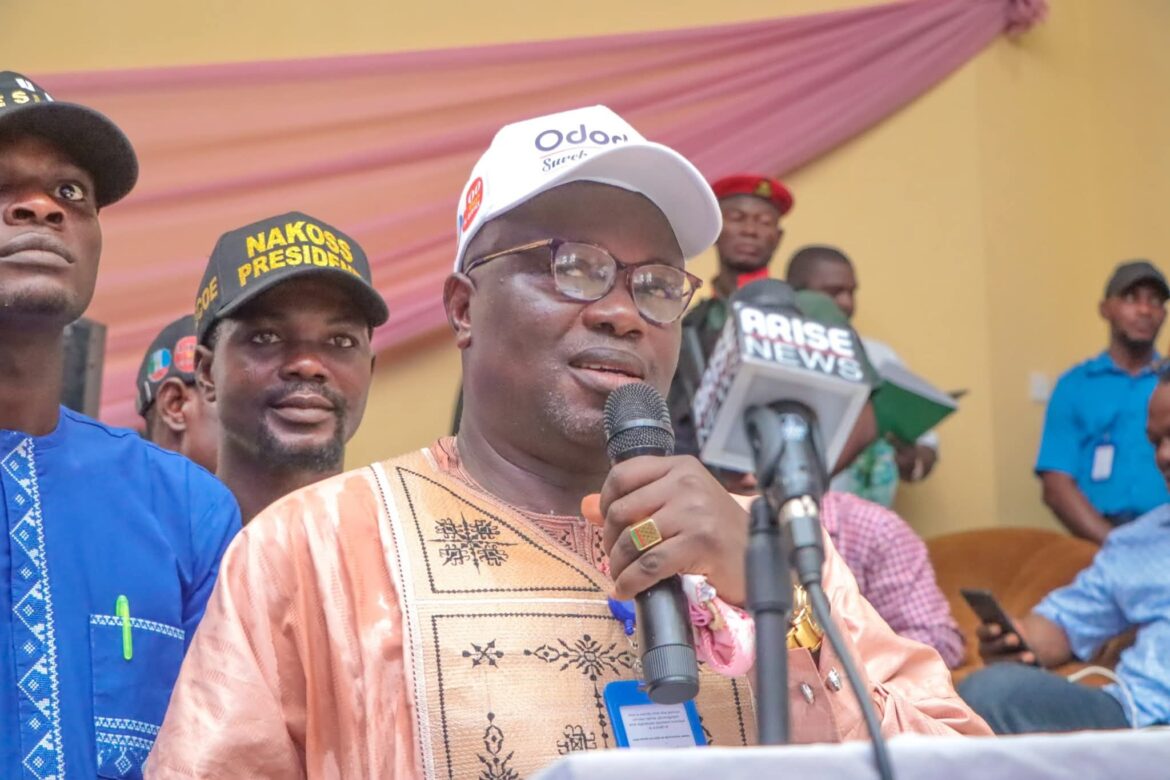By Jimoh Ibrahim Sekun
A closer look at how a pivotal shift in educational opportunities reshaped the fortunes of two institutions and redefined the academic landscape.
I have been away from the social space for quite some time, and among the events I missed was the celebration of an icon, a field marshal of academia and a true bridge builder.
In recent months, quiet murmurs have grown into open conversations in two distinct academic communities, one in Ankpa, Kogi State, and the other in Bida, Niger State. On one campus, there is a renewed sense of purpose, fresh projects springing up, and a feeling that the tide has turned. On the other, a void is felt in the leadership corridors, as the absence of a familiar figure leaves a gap that cannot be easily filled.
The contrast is striking: while Ankpa celebrates a season of progress, Bida reflects on what it once had. Few realized at the time that a single administrative change would tilt the academic scales so sharply between the two institutions.
At the center of this shift is Dr. Comrade Fashagba Paul Femi, a name that commands respect in academic and administrative corridor. He served with distinction as Dean of Student Affairs and later as Director, Directorate of Academic Planning at the Federal Polytechnic Bida, where he was regarded as a pillar of the institution’s strategic growth. Yet, as often happens, “an apostle is without honor in his own hometown,” and perhaps his value was underestimated.
Then came the appointment that would redefine fortunes: Dr. Fashagba’s transition to become Provost of the College of Education, Ankpa.
In just 100 days in office, he has transformed the college’s trajectory. Notable achievements include the commissioning of an Entrepreneurship Center to equip students with vital trade skills for self-reliance, the execution of water projects to ensure clean and constant supply, and the restoration of stable power, breathing new life into academic and administrative activities.
Beyond physical infrastructure, Dr. Fashagba has repositioned the college for sustainable growth, elevating staff morale and sharpening academic planning. For Ankpa, his arrival has been an institutional windfall. For Bida, it remains a strategic loss, the kind that time alone may not easily repair.
In the end, history will remember this as more than a change in office, it was a transfer of vision, energy, and purpose. Ankpa embraced what Bida let slip away, and in doing so, secured a future already shining in the first hundred days. The lesson is clear: institutions thrive when they value their own treasures before others do.


1 comment
[…] Dr. Paul Femi Fashagba: COE Ankpa’s Institutional Gain, FPB’s Strategic Loss […]